
How we see De La Salle College
Compare with:
How De La Salle College sees itself
"Founded on the teachings of St. John Baptist de La Salle, De La Salle College is an independent, Roman Catholic, co-educational day school, from grades 5-12 that immerses its students in a rigorous university preparatory curriculum. Each day the school seeks to maintain its mission of helping students experience opportunities to grow spiritually, intellectually, artistically and physically, fostering Christian virtues and principles inspired by the worldwide Lasallian movement."
"De La Salle College offers a comprehensive variety of Advanced Placement courses while providing instruction in a university-style format. All Grades 9-12 students will have lecture, lab and discussion classes. Lectures offer students an opportunity to obtain scholarly information in a timely fashion. Labs offer students real, hands on experiential learning in state of the art classrooms. Discussions allows students to break down the information with teachers, preparing them for university."
"Along with a rigorous academic program, students in Grades 9 to 12 are assigned Independent Learning Time through out the day where students are able to tailor their educational experience to their own needs. Students learn independence by making the decisions on how to spend their time. Students may attend department office hours (where teachers are assigned to offer academic support beyond the classroom), complete homework, work out or play a sport, socialize or have lunch."
"De La Salle's co-curricular program is the school's most underrated aspect of student life. In developing the whole student, the College has a depth and breath of co-curricular activities. From competitive sports teams to drama productions, golf simulators to debating tournaments, business competitions to newspaper deadlines, there is not shortage of activities for the athlete and /or scholar alike. Critical activities in building a portfolio come university applications."
"The unexpected quality students will come to appreciate will be the development of resilience. Initially, the students may find the work challenging, however, through hard work, perseverance and support, where necessary, students will grow into strong, hardworking and conscientious young men and women."


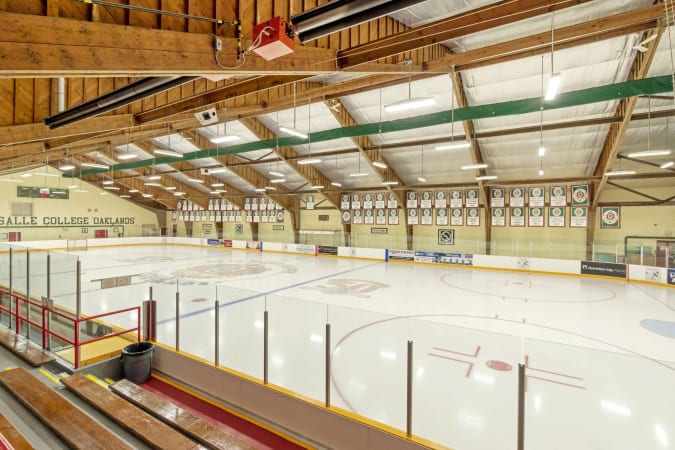

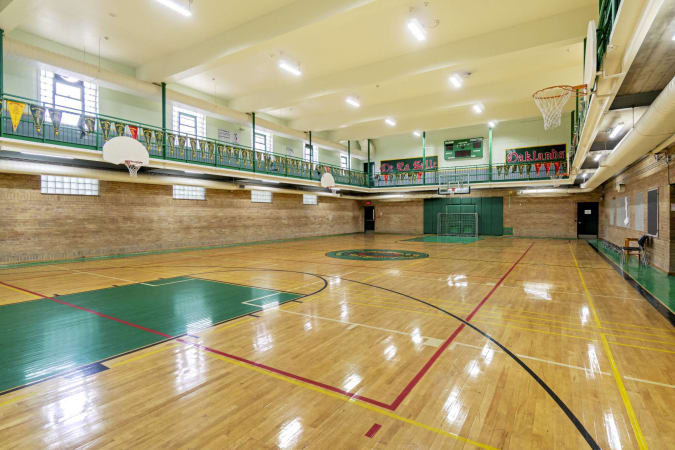






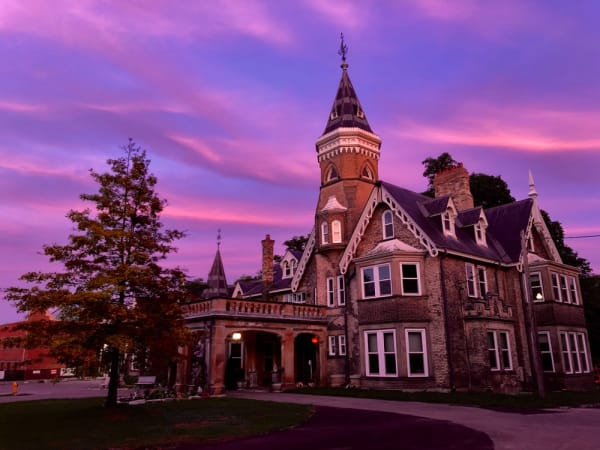
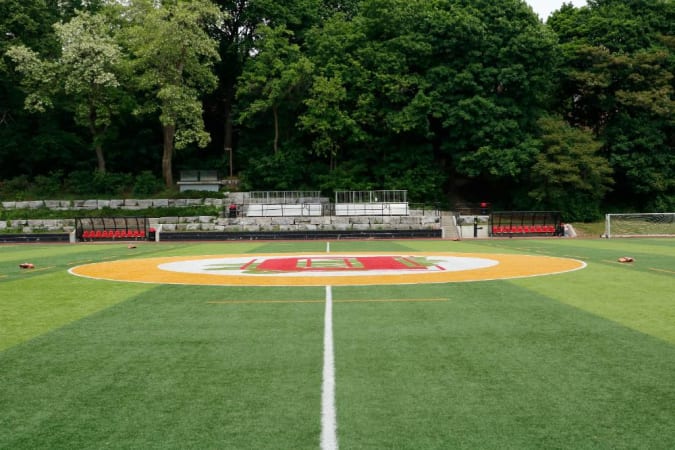



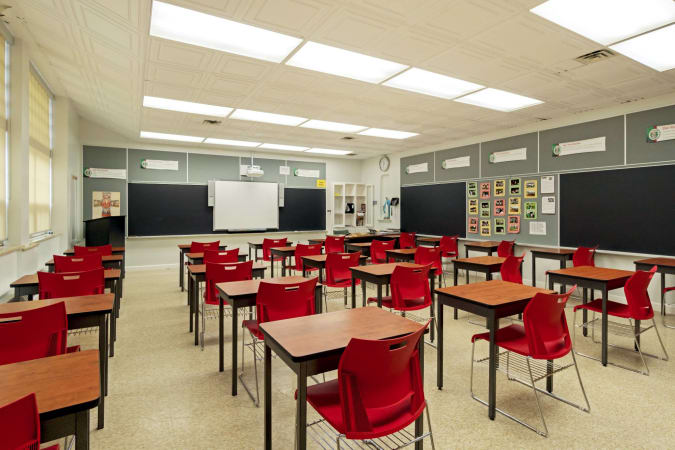
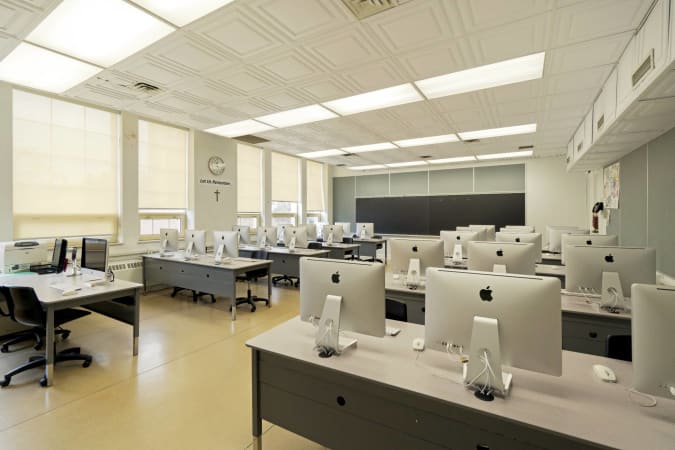


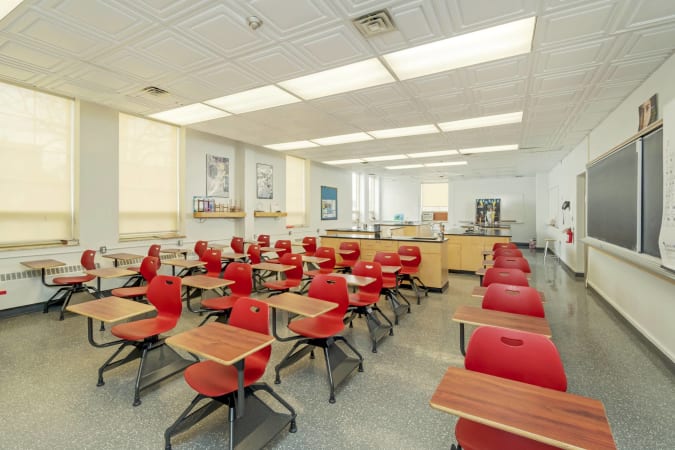




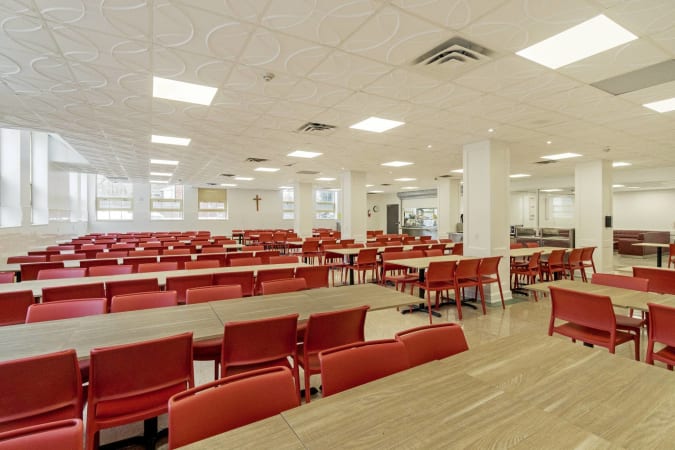
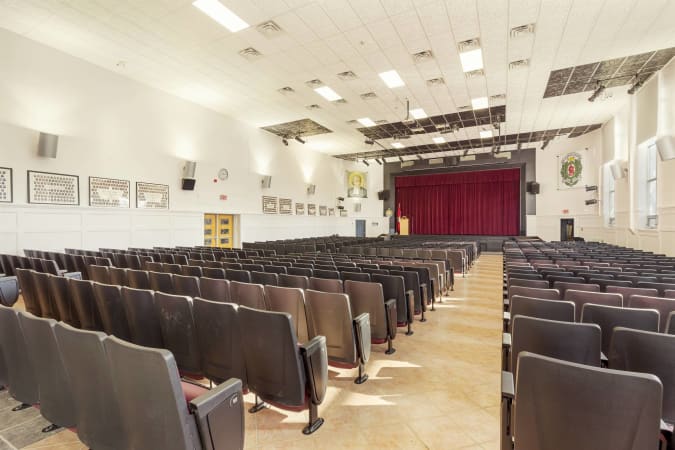





How people from the school’s community see De La Salle College
Top-down influence on the school’s direction and tone

Robert Lundy, Principal
M.Ed, OCT
On behalf of the entire De La Salle community, I would like to thank you for including De La Salle College “Oaklands” in your search for an independent school and I want to welcome you to a school community whose commitment to academic excellence, while providing a balanced approach to learning has served many students over its 160 year history. De La Salle continues to expose students to a breadth and depth of curriculum that ensures students are not only prepared for university, but for life. De La Salle College “Oaklands” is not defined by its buildings or its beautiful thirteen acre property, but rather, it is defined by the people that are a part of this community. The Brothers, alumni, parents, students, support staff and teachers have built this school into one that is rich in tradition and entrenched in its mission. In short, this school has positively affected the lives of many and continues today to leave an indelible mark on its graduates.
The school is vibrant: its commitment to Catholic Education; its participation in athletic activities and school functions; and its obligation to servicing the needs of the poor shape and define this wonderful school. The College instills Gospel values and exercises a preferential option for the poor through its religion and community service programmes. It allows our students to experience the benefit of a rigorous academic environment while providing extra-curricular activities and programmes that build lifelong camaraderies and friendships. Our programming is diverse and meets recognized standards of excellence, while creating and sustaining respectful human relationships within the school community. In other words, the school fosters an experience that is truly Lasallian. Moreover, the school’s 160 year history has been enriched by its people who are part of this great institution. Students, parents, and teachers, both past and present, have an appreciation of what it means to be part of this institution. Whether you are a grade five student or an alumnus or a parent you understand that De La Salle teaches the value of moral integrity.
Come and visit De La Salle College. I am confident you will experience what many already know, De La Salle College is a selfless and committed community of learners.
I look forward to meeting you.
Live Jesus in our hearts.
THE OUR KIDS REPORT: De La Salle College
Next steps to continue your research:
Continue researching De La Salle College with OurKids.net, or visit school website.